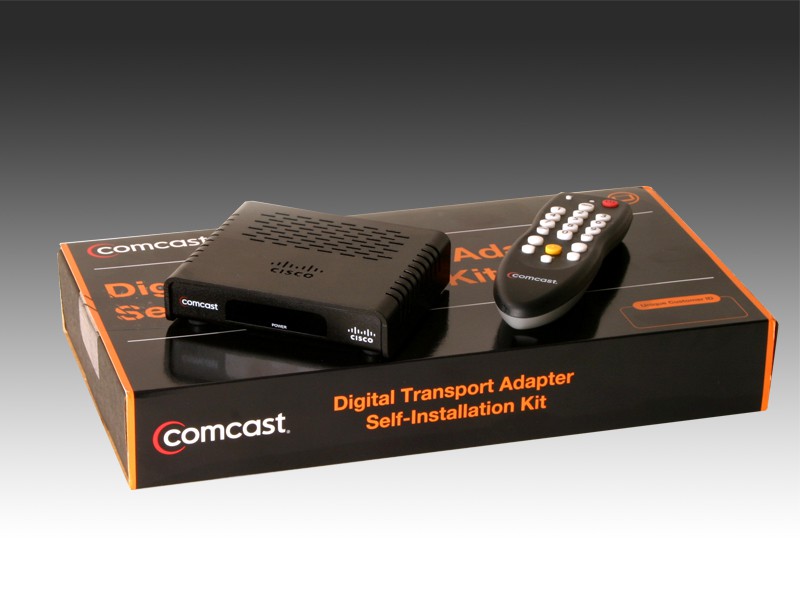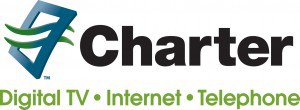 The Federal Communications Commission has granted cable operators permission to completely encrypt their television lineups, potentially requiring every subscriber to rent set top boxes or CableCARD technology to continue watching cable-TV.
The Federal Communications Commission has granted cable operators permission to completely encrypt their television lineups, potentially requiring every subscriber to rent set top boxes or CableCARD technology to continue watching cable-TV.
The FCC voted last week 5-0 to allow total encryption, a reversal of an older rule that prohibited encryption of the basic tier, allowing cable customers to watch local stations and other community programming without the expense of extra equipment.
The cable industry said the decision is a victory against cable theft, claiming that nearly five percent of all cable television hookups are illegally stealing service, at a cost estimated at $5 billion in lost revenue annually.
But some third party companies offering alternatives to costly set top boxes with endless monthly rental fees claim the industry move towards encryption is more about protecting the cable monopoly than controlling signal theft.
Current licensing agreements do not allow third party set top manufacturers to support scrambled channels without an added-cost, cable company-supplied set top box or card. That means a would-be customer would have to invest in a third party set top box and a cable company-supplied set top box to manage scrambled channels. That may leave customers wondering why they need the third party box at all.
This presented a problem for Boxee, which manufactures third party set top boxes, some with DVR capability. If cable systems completely encrypt their lineups, Boxee customers will need to rent a cable box and work through a complicated procedure to get both to work together.
 Boxee officials suggest both an interim and long term solution to the dilemma — both requiring the goodwill of the cable industry to work out the details.
Boxee officials suggest both an interim and long term solution to the dilemma — both requiring the goodwill of the cable industry to work out the details.
For now, Boxee and Comcast have agreed to work together on an HD digital transport adapter (DTA) with built-in Ethernet (E-DTA). A Boxee user would then access basic tier channels directly through an Ethernet connection and change channels remotely using their enhanced set top via a DLNA protocol.
A longer term solution would be to create a licensing path for an integrated DTA solution included inside third party set top boxes. This would eliminate the need for an added cost E-DTA box.
Cable operators planning to encrypt their entire television lineup will soon begin notifying customers of their plans. Under an agreement with the FCC, those with broadcast basic service will get up to two boxes for two years without charge (five years if the customer is on public assistance). Those who already have a cable box or DVR will get one box for two years at no charge. The cable company can impose monthly rental fees on additional boxes and begin charging for every box after two years.
Former FCC chairman Michael Powell, who now presides over the nation’s largest cable lobbying group, called the FCC decision “pro-consumer” despite the added expense and inconvenient many customers will experience.
“By permitting cable operators to join their competitors in encrypting the basic service tier, the commission has adopted a sensible, pro-consumer approach that will reduce overall in- home service calls,” said Powell, president of the National Cable and Telecommunications Association. “Encryption of the basic tier also enhances security of the network which reduces service theft that harms honest customers.”
Comcast is a leading proponent of total encryption, because it would allow them to start and stop service remotely, without having to schedule a service call to disconnect service. Cablevision already encrypts its entire lineup in certain areas under a previously-obtained waiver from the FCC. The company said it saved money reducing labor costs associated with service calls to physically connect and disconnect service.


 Subscribe
Subscribe





